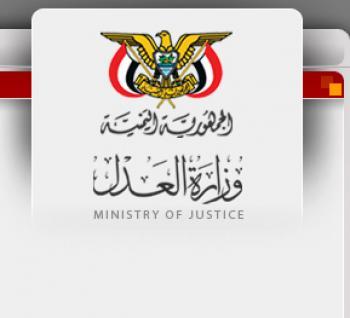Yemen moving towards Iranian sphere


Yemen was among the first Arab countries where serious disturbances erupted after the Arab Spring began in Tunisia. The unrest started as early as January 2011, protesting corruption, unemployment and poverty. On Feb. 27 2012, then-President Ali Abdullah Saleh had to hand over power to his vice president, Mansur Hadi, in exchange for immunity from prosecution.
A northern tribe called the Huthi has been fighting the Yemeni central authorities since 2004. Relations between the Huthis and the central authorities further deteriorated as the years went by. Iran was not in the picture at that time. The Huthis practice the Zaidi Shiite version of Islam, which is more similar to Sunni Islam than to Shia as practiced in Iran. Despite this remote resemblance Iran did not miss the opportunity to support the movement. With this support and with its own dynamics, the Huthi movement and its military wing, Ansarallah (Partisans of God), have now become a state within the state in Yemen. I will use Huthi movement and Ansarallah as equivalent terms in this article.
Since the outbreak of clashes, but especially in 2014, several soldiers and officers loyal to ousted President Saleh joined the Huthis. The movement is now in control of almost the entire state machinery in Yemen, except the presidency. Despite this strong position, the movement avoids high visibility and prefers to cash in on and claim credit for the state's good performance and blames others for wrongdoing.
At the beginning of last year, when fighters of the Salafi terrorist group Dar al-Hadith attacked the Ansarallah, the Huthis grabbed the opportunity to wage a strong counter-attack and expelled the fighters of Dar al-Hadith from the town Dammaj in North Yemen. The Huthis won a similar battle against another tribe, the Hashidis, and looted the properties of their leader Sheikh Abdullah Bin Hussein Al-Ahmar. Then they moved towards the northern approaches of the capital Sana'a. They established good relations with the tribes living in the area in order to be able to move their heavy weapons to the area without having to fight for it.
As an incentive, Ansarallah allowed its fighters to loot wealthy properties of the tribes they fought. “The appetite came with eating,” as the saying goes, and the Huthis decided to get hold of the capital Sana'a. To do this, they organized street protests against the government with appealing slogans such as “Change the government,” “Fight corruption” and “Form a technocrat government.” Nothing could be more appealing than such slogans for the disenchanted people of Yemen. Ansarallah militants heavily shelled the headquarters of the Republican Guards, entered the capital and looted the properties of presidential advisor Maj. Gen, Ali Muhsin al-Ahmar, who narrowly escaped the shelling.
A document called the “National Dialogue Conference and the Peace and Partnership Agreement” was signed on Sept. 21, 2014 between the government and all Yemeni constituencies. The agreement called for, among other things, economic reform, a fight against corruption and the withdrawal of Ansarallah from Sana'a. However not only did Ansarallah stay in the capital, but also they spread to many other cities. The biggest domestic support for the Huthis came from the supporters of the ousted regime of Saleh, and the biggest foreign support came from Iran. Many of the Huthi militia were trained in Lebanon in Hezbollah camps.
The implantation of the Huthi movement in the Yemeni state machinery will facilitate Iran's interference in the internal affairs of Yemen. This will strengthen Iran's position in the Middle East. It will also have big impact on Saudi Arabia. Iran's growing weight in Yemen's internal affairs is a nightmare for Saudi Arabia because, in addition to the Iranian influence in the eastern provinces of Saudi Arabia, inhabited by Shia Arabs, another Shia entity supported by Iran will now disturb the kingdom from the southwest.
The expansion of the Saudi-Iran rivalry into Yemen means more bloodshed and pain for Yemenis.
YAŞAR YAKIŞ (Cihan/Today's Zaman)

Yemeni officials on Monday condemned arrests and prosecutions by the Iran-backed Houthi militia directed against media, journalists and celebrities…

Yemen's warring parties are gearing up for new waves of conflict in 2023 amid a lack of decisive steps towards sustainable peace, adding to the suf…

The UAE will help to recruit doctors and deliver crucial supplies for hospitals in Yemen under a major healthcare drive. The Khalifa bin…